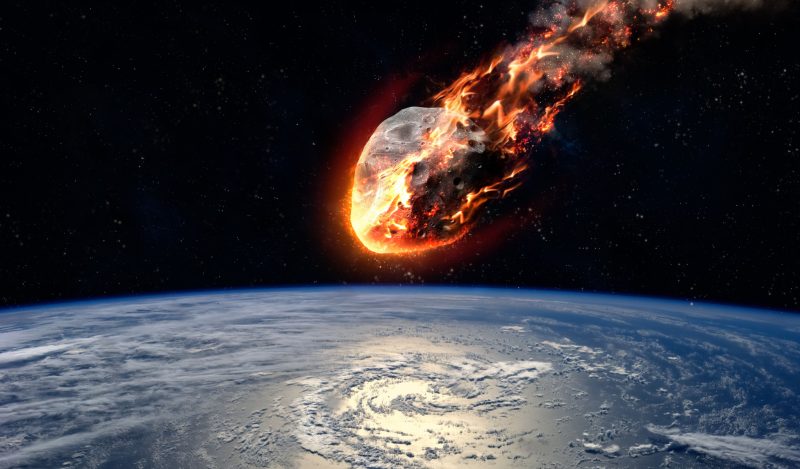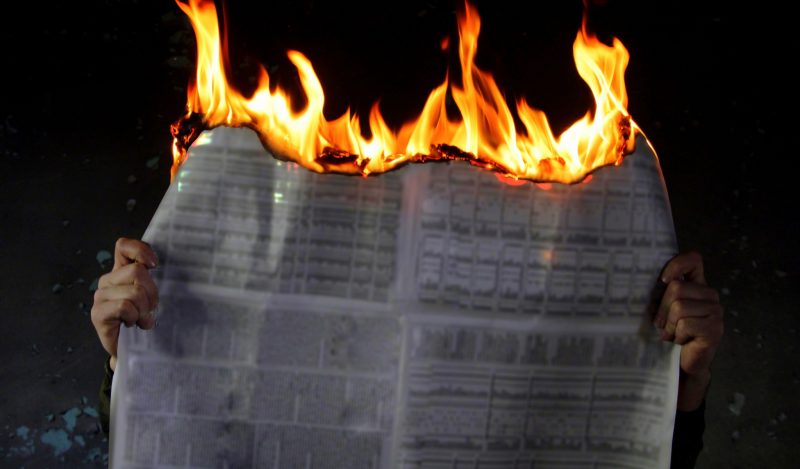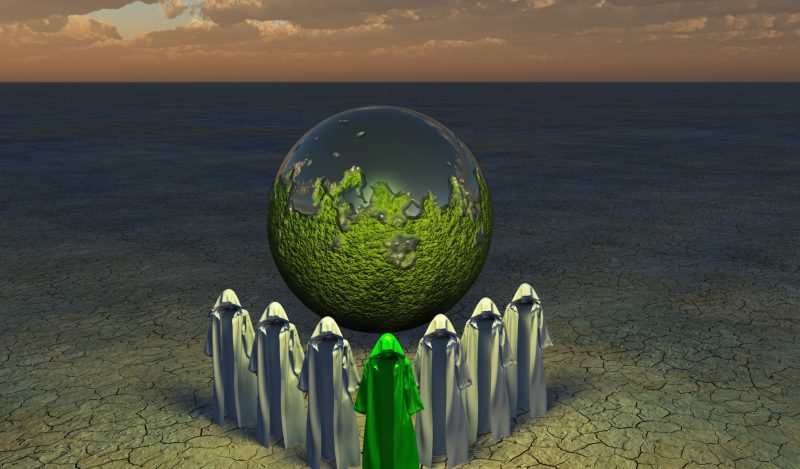I no longer watch much television, but I’ve taken the few occasions I do to establish a tradition I think reinforces the themes of healthy masculinity for my three boys. I call it Manly Movie Night.
I initially began my instruction of the important masculine themes in the usual places. We started with sports, then we added music lessons and sailing. My goal was to create opportunities where my boys would be exposed to the concepts of strength, courage, discipline, responsibility, risk and adventure, leadership, and independence.
Manly Movie Night is a night only for the men – my boys and I. We typically watch a movie that either I remembered from my own childhood or contains the masculine themes above. It involves movies like Watership Down, The Lord of the Rings, and the particular favorites so far of The Twelve Tasks of Asterix, The Secret of Kells, and the old TV miniseries of The Odyssey.
The other night we watched Deep Impact. Released in 1998, it is a disaster movie about an asteroid that will impact the Earth causing an extinction-level event. I remembered it favorably for several reasons including the self-sacrifice of the astronaut crew and the fearless reporter dealing with her own familial crises.
Rewatching it after the events of the COVID Pandemic introduced some new and unwelcome thoughts.
The President of the United States – played by the venerable Morgan Freeman – is a stoic, philosopher-king burdened by the impossible task of saving the world from the destruction soon to be caused by a heartless asteroid. The underdog in the battle, he has only a very limited set of primitively advanced tools and a low probability of success.
The other main character is an intrepid and beautiful reporter only concerned with finding out the truth, eliminating corruption, and challenging the powers that be. Stumbling onto the story of her life, her tireless effort exposes the government’s hidden secret and wins her an invitation to the White House Press Corps and a prime-time news anchor role.
The President is forced to announce the existence of the asteroid at a press conference. At the very end of the conference, and barely audible before he takes questions, he flippantly imposes wage and price controls on all wages and prices, freezing them at the current levels for a whole year.
Lockdown! To save the world from asteroids.
Indeed, the movie proceeds further down the lockdown path. Martial Law is eventually instituted. There is a large bunker in the Rocky Mountains that will become Noah’s Ark. A subset of the professional class of doctors, scientists, and the more important humans are pre-selected. The remainder, we are informed, are chosen equitably by random, but everyone else is not essential.
Outside events force our kindly philosopher-king to make difficult decisions. Some things and people must be declared non-essential. The market cannot possibly function to produce resources and potential safe areas. Only the Government can build Noah’s Ark and send the spaceship – The Messiah – to save what is left of humanity.
Interestingly, there are several common tropes repeated throughout the entertaining disaster movies. The most common are the philosopher-king and lockdowns, or the inversion of these two ideas.
Films like 1995’s Outbreak and 2011’s Contagion lock down cities to “stop the spread.” 1996’s Independence Day has a philosopher-king President.
Inversions of these ideas exist as well. 2004’s The Day After Tomorrow has a pretentious, imbecile of a Vice-President ignore a heroic scientist’s warnings. Both The Day After Tomorrow and Independence Day have leaders who ordered mass evacuations too late. Not doing enough increases the disaster.
This is just a small sample of some of the popular movies of my childhood. I wondered how these ideas infiltrate our subconscious mind. In a major disaster, do we demand a philosopher-king take bold, decisive action?
We just lived through our own disaster.
Our philosopher-king appeared on March 16, 2020 in a press conference. He flippantly closed schools, businesses, elective surgeries, cancer screenings, and dentistry among others. By March 27, 2020, price controls were implemented via the forbearance of monthly rents, mortgage payments, and student loan debt. Wages were controlled with the Paycheck Protection Program and vastly enhanced Pandemic Unemployment benefits.
All of that occurred with complete bipartisan support in less than a month.
It was bold, decisive action by our philosopher-king.
Soon enough, the movie was coming to an end. My thoughts of reality left me again and my attentions returned to the storyline of the movie.
My boys were thrilled! The courageous astronauts sacrificed themselves and saved the world from the larger asteroid! Humanity would not be extinct! Not this day!
I stopped thinking about other common disaster movie tropes. There couldn’t possibly be any more.
The end of the movie arrived. The selfless actions of everyone involved averted a complete catastrophe. We were wounded, but we lived to another day.
Our philosopher-king ascended the stairs in front of the partially destroyed, but still standing US Capitol Building, and, with raucous delight, begins…
Building Back Better.
Republished from the author’s Substack
Published under a Creative Commons Attribution 4.0 International License
For reprints, please set the canonical link back to the original Brownstone Institute Article and Author.









